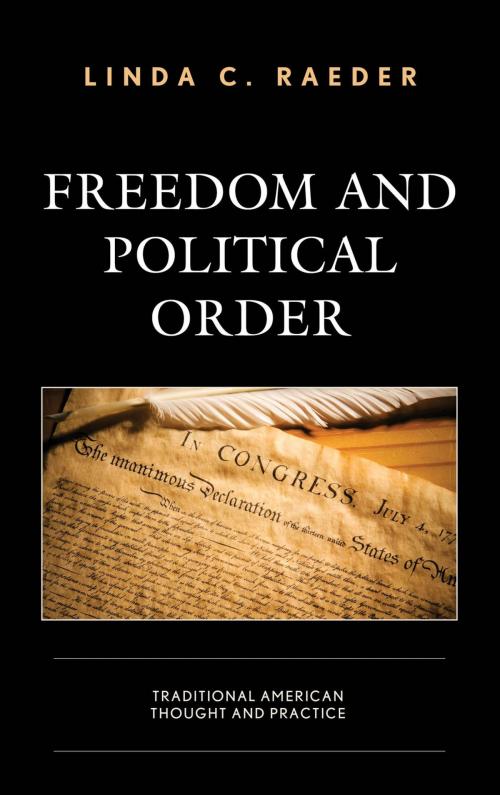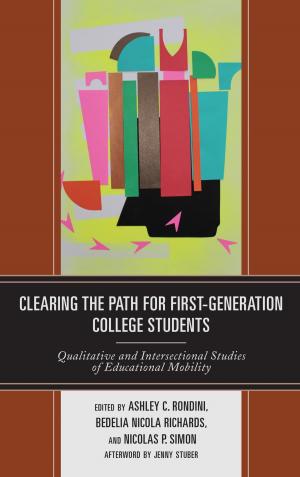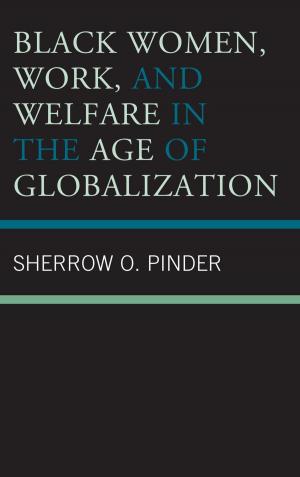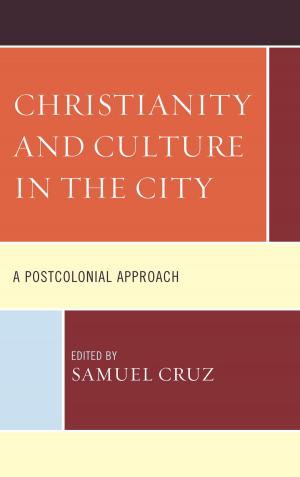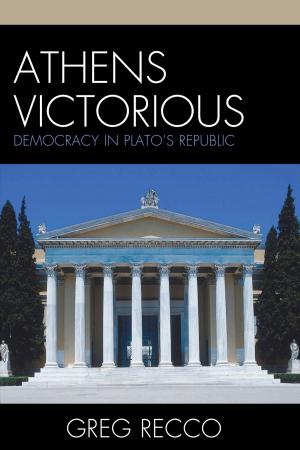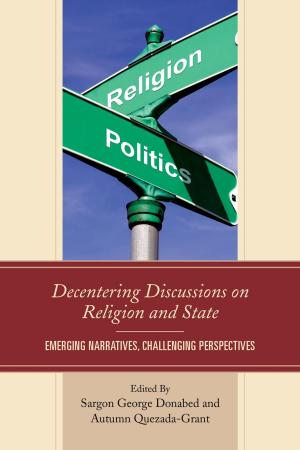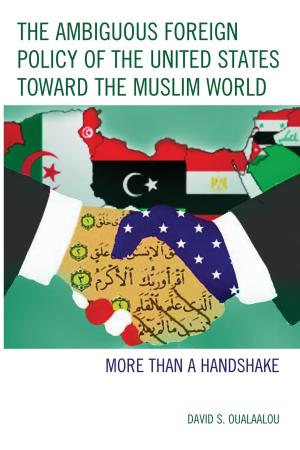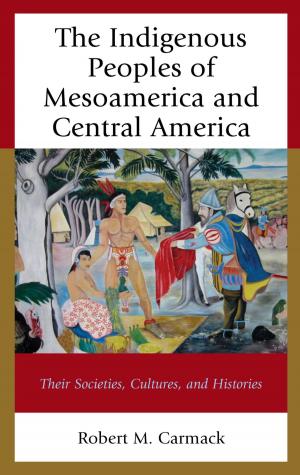Freedom and Political Order
Traditional American Thought and Practice
Nonfiction, Reference & Language, Law, Constitutional, Religion & Spirituality, Philosophy, Political, Social & Cultural Studies, Political Science, Politics, History & Theory| Author: | Linda C. Raeder | ISBN: | 9781498566056 |
| Publisher: | Lexington Books | Publication: | January 11, 2018 |
| Imprint: | Lexington Books | Language: | English |
| Author: | Linda C. Raeder |
| ISBN: | 9781498566056 |
| Publisher: | Lexington Books |
| Publication: | January 11, 2018 |
| Imprint: | Lexington Books |
| Language: | English |
Freedom and Political Order explores the traditional meaning of freedom in the American experience and its relation to other characteristically American values and institutions. Such an exploration necessarily touches upon relevant historical experience, but it extends beyond a history of freedom toward wider fields of inquiry, including and especially, moral and political philosophy. Political philosophers throughout the ages have been concerned with a question of perennial significance to human experience: what are the rules that ought to govern human relations in society or, less formally, how should human beings treat one another? Such a question is unavoidable for human beings. Its necessity derives from the nature of things, from the fact that human existence is essentially social or political existence. The rare Robinson Crusoe aside, ‘No man is an island’, and from birth to death every person encounters other human beings with whom he must interact. Every society has thus established rules regarding the ethical treatment of human beings, rules embodied in the various moral, legal, and political orders developed within human history. The formal discipline of political philosophy aims to explore and identify the proper substance of such rules. The philosophy of freedom elaborated herein is the traditional American response to the perennial question of politics so conceived.
A comprehensive exploration of American political philosophy is by nature a work of scholarship. The book carefully examines the meaning of freedom and other natural rights; their relation to the Rule of Law; the nature and purpose of government as embodied in the American social contract; the relation between the liberal and democratic elements of American liberal democracy; and various assumptions underlying the Framers’ constitutional design. The study, however, is not intended exclusively for professional scholars but also for the general public and students of American government and society. Thomas Jefferson once pointedly warned that “a nation that expects to be ignorant and free . . . expects what never was and never will be.” The work thus aims not only to bring to light the fundamental values and institutions of traditional American society but, in so doing, assist in their preservation.
Freedom and Political Order explores the traditional meaning of freedom in the American experience and its relation to other characteristically American values and institutions. Such an exploration necessarily touches upon relevant historical experience, but it extends beyond a history of freedom toward wider fields of inquiry, including and especially, moral and political philosophy. Political philosophers throughout the ages have been concerned with a question of perennial significance to human experience: what are the rules that ought to govern human relations in society or, less formally, how should human beings treat one another? Such a question is unavoidable for human beings. Its necessity derives from the nature of things, from the fact that human existence is essentially social or political existence. The rare Robinson Crusoe aside, ‘No man is an island’, and from birth to death every person encounters other human beings with whom he must interact. Every society has thus established rules regarding the ethical treatment of human beings, rules embodied in the various moral, legal, and political orders developed within human history. The formal discipline of political philosophy aims to explore and identify the proper substance of such rules. The philosophy of freedom elaborated herein is the traditional American response to the perennial question of politics so conceived.
A comprehensive exploration of American political philosophy is by nature a work of scholarship. The book carefully examines the meaning of freedom and other natural rights; their relation to the Rule of Law; the nature and purpose of government as embodied in the American social contract; the relation between the liberal and democratic elements of American liberal democracy; and various assumptions underlying the Framers’ constitutional design. The study, however, is not intended exclusively for professional scholars but also for the general public and students of American government and society. Thomas Jefferson once pointedly warned that “a nation that expects to be ignorant and free . . . expects what never was and never will be.” The work thus aims not only to bring to light the fundamental values and institutions of traditional American society but, in so doing, assist in their preservation.
